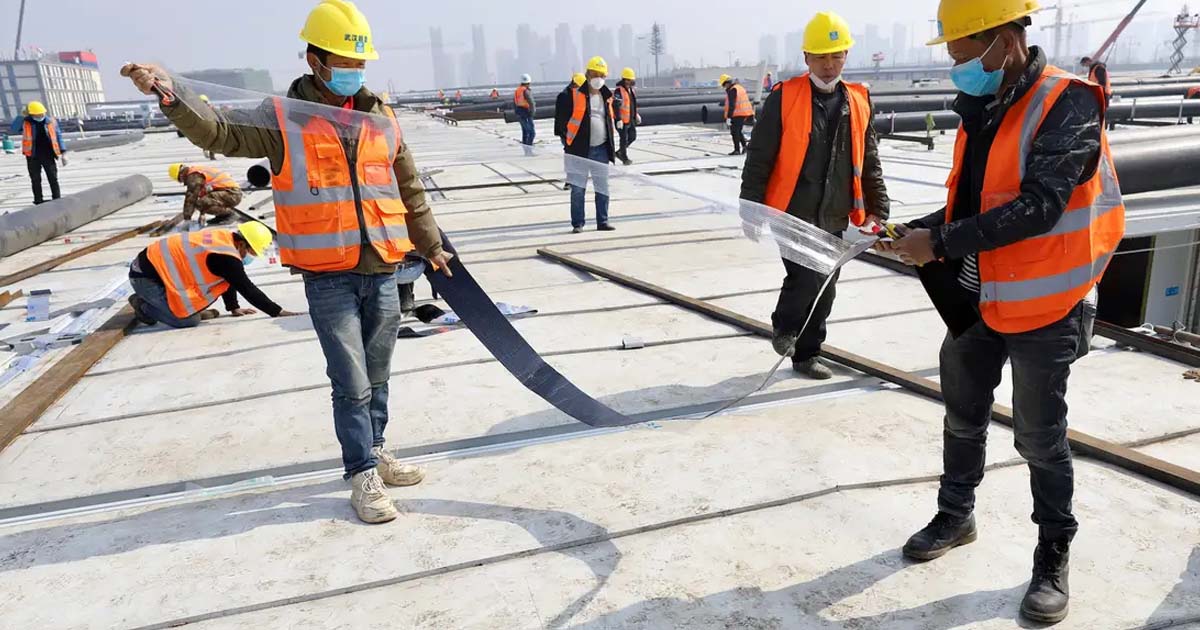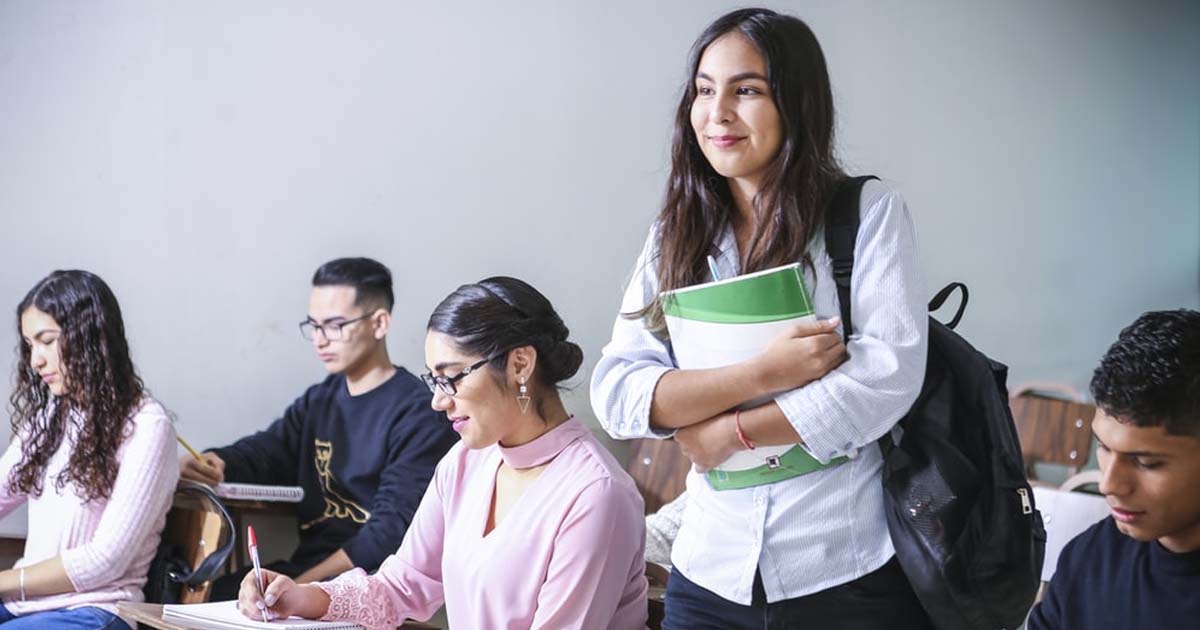IDP education india Pvt. Ltd & The British council examinations & english services Pvt. ltd have resumed test delivery of the International english language test (IELTS) paper based test at their respective centers.
Author: topnotchinstitutes
In response to the ongoing COVID-19 pandemic, the Government of Canada continues to update its policies and regulations relating to travel and immigration to Canada. We want to help you and make sure that you understand how changes in government policies and processes may impact you.
If you have a study permit approval but are unable to travel to Canada, you may study online. Immigration, Refugees and Citizenship Canada (IRCC) has indicated that there is flexibility in post-graduation work permit rules to help international students and Canadian post-secondary institutions
On the official website of the Government of Canada, it is updated that:
“International education represents a significant economic benefit to Canada, with international students contributing $21.6 billion to Canada’s GDP and supporting nearly 170,000 jobs in 2018. International students are also often excellent candidates to apply to remain in Canada permanently, with nearly 54,000 former students becoming permanent residents in Canada in 2018.
The COVID-19 pandemic has had a considerable impact on international students. In response to the health and travel restrictions that are in place, many designated learning institutions (DLIs) are offering their courses online.
Post-secondary institutions and prospective students alike are considering their approach to the fall semester. Both have sought guidance from Immigration, Refugees and Citizenship Canada regarding eligibility for the Post-Graduation Work Permit Program (PGWPP) for students starting at an eligible DLI this fall.
Under normal circumstances, criteria for the PGWPP limit an international student’s ability to pursue a program via distance learning, from inside or outside Canada, and time spent studying outside Canada is deducted from the length of the work permit for which they are eligible.
PGWPP eligibility will not be affected for international students whose fall 2020 courses will be online due to COVID-19. This is in line with guidance provided to students already studying in Canada or whose program had a spring or summer start date
Students in this situation may begin their classes while outside Canada and complete up to 50% of their program via distance learning if they cannot travel to Canada sooner.
In addition, they will not have time deducted from the length of a future post-graduation work permit for studies completed outside of Canada, up to December 31, 2020.”
Open Work Permit
Staying loyal to our services and the criteria those are associated with the procedures, to build your faith on TOP NOTCH LEARNERS HUB TEAM That is much more precious than anything.
Life at Top Notch Learners Hub
TOP NOTCH LEARNERS HUB is an amalgamation of work, fun and learning. We are a close knit team of driven individuals who zealously believe and strive for collective results. As it is said ‘All work and no play, makes Jack a dull boy’, We encourage young talent, giving them a platform to showcase their talent and the courage to fail and learn from their mistakes.
IELTS Academic and General Training
International English Language Testing System is intended to assess the English language proficiency of non-native English speakers who want to study or work where English is used as the language of communication. IELTS is accepted in Australia, Canada, Ireland, New Zealand, the UK, the USA, and other countries by over 10,000 organizations globally. It is also recognized by other professional bodies, immigration authorities and other government agencies. Every year, more than 2 million people take this test.
Different sections in IELTS
IELTS test consists of four sections: IELTS Listening, IELTS Reading, IELTS Writing, and IELTS Speaking. The total test time is 2 hours and 45 minutes. The Listening, Reading, and Writing tests are taken together but the speaking test may either be on the same day or after or before other tests.
There are two types of tests in IELTS, depending on what you choose. If you choose to migrate to an English speaking country, then you must take a general training test and for academic and study abroad purposes you must choose to take an academic test.
The IELTS Academic Test focuses on English language proficiency needed for an academic, and better learning environment. This test is not subject-focused and accessible to all test takers.
General Training Test focuses on English Language proficiency you need in work or training in an English-speaking country, or if you have decided to migrate to an English-speaking country, such as Australia, Canada, New Zealand or any other countries. And that is the reason that the tests’ sections are slightly different in both the types of IELTS test.
In the Reading section of the IELTS Academic exam you will have to read three longer and more complex texts than the four or five shorter and easier texts in the IELTS General Training Test. It is 1 hour long in both cases though.
In the Writing section of the IELTS Academic test, you will have 20 minutes for a 150-word limit report writing where you will have any one of the six kinds of diagrams (pie-chart, bar-graph, table, line-graph, map, and process). In the IELTS General Training Test, the time and word limit would be the same and you need to write a letter on a given real-life situation. IELTS examiners look for three important aspects: content, vocabulary, and fluency.
The Speaking section is the same for both the type of tests and has three parts and lasts for 11 to 14 minutes. Here, the candidate has a one-to-one conversation with the examiner which is recorded.
The Listening section too is similar in both IELTS tests, and is divided into four parts. You will listen to audios, in 1st and 3rd audio you will have conversations and in 2nd and 4th audio, you will hear monologues. Then you need to answer questions based on the audios.
It is suggested that you take advice from the Top Notch – Learners Hub. Our team would suggest you invest some time understanding what you need to help you meet your professional and educational goals before you spend your money. We will know your requirements and help you take the necessary steps towards your goals





